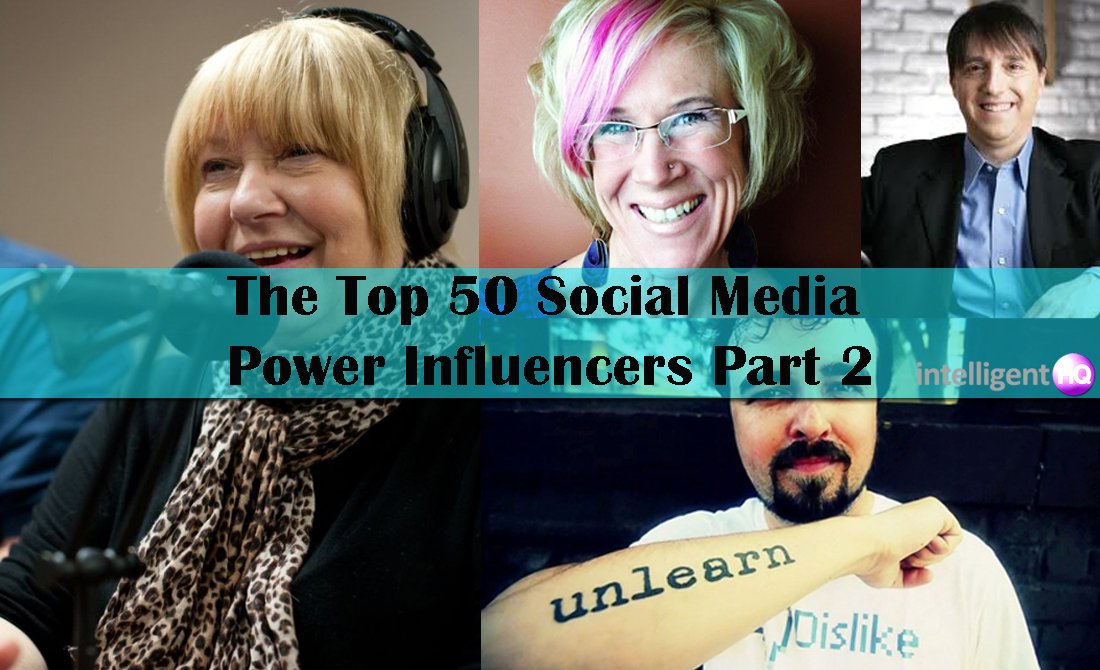Just like any other kinds of entrepreneurs, social entrepreneurs can benefit from social media use to further their aims. Of course this means that social entrepreneurs need to understand what social media is for and how to leverage benefits from it. Social media can be very powerful but only if it is utilised in the right ways. Gaining the attention of people and building an audience are two of the challenges that social entrepreneurs face according to Meera Vijayann (2013) writing for The Guardian. Additionally, getting a sufficiently broad reach to be able to get people engaged in what they are doing is another challenge that social entrepreneurs have to overcome. A social media presence can make all the difference, argues Meera Vijayann, and she explains how a study by Peter W Roberts showed that successful enterprises commonly have an established social media presence. Vijayann has her own learnings from use of social media to share.
One of the biggest challenges specific to social entrepreneurs, according to Vijayann is:
“Most emerging enterprises focus on promoting their organisation instead of the cause. While the former is necessary it fails to make a personal connect”.
The reason for this, she argues is that when people understand the cause they are more likely to be able to recall information about the venture. Social media can be used to achieve this, especially if content goes viral. When there is a cause it is common that people remember them and this is more likely to lead to content being shared.
Another challenge is that organisations commonly focus on the person behind the social enterprise rather than the organisation itself and what it is trying to achieve. Vijayann provides an example here to illustrate this of Selco online where the founder Harish Hande is well known but the attention has been diverted away from the organisation’s excellent efforts with solar energy. This means that social entrepreneurs need to go to great efforts to make sure that they stick to the organisation and the problem rather than the personalities behind them.
infographic done by seeincolors.comAnother recommended approach by Vijayann is for social entrepreneurs to use social media to show how they collaborate with others in the same sector rather than competing with them. This has the benefit, she argues, of showing synergy and dialogue between online communities that drives interest among social media users. Working in partnership can be more effective in promoting shared goals and targets to greater numbers of people, which ultimately increases the exposure that your social enterprise has on social media networks. Partnerships also provide additional validation for your cause, which helps to attract interest and maintain it too.
As with all social media use by business, Vijayann argues the need for engagement rather than talking at the audience. This means not just sending out adverts for help to those that follow or like your pages, but actually getting involved in a two-way conversation with people. This shows your interest and keeps the conversation going.
Shannon Houde writing for Triple Pundit also concurs on some of these points. In terms of engagement and drawing people in, Houde states that language is important. Using the right words, even if they are not the most obvious right words for your social enterprise is necessary to attract the attention of social media users. Additionally, Houde suggests that monitoring traffic is essential. This is critical because it helps to see what is working on social media and what is not, enabling you to be able to make tweaks and changes to what you are doing to drive greater success on these platforms. Houde also proposes the use of a social media schedule so that you know what you will post when. Of course, this schedule needs to be flexible enough to be able to change if something timely arises in the news that needs to be posted. Another recommendation from Houde is to outsource work on social media sites or use online managers. In some ways this can be a very positive step because it means that social media experts work on your sites and social media activities. However, if you decide to do this a word of caution is necessary. You need to make sure that the person looking after your social media truly understand the messages you want to transmit, otherwise you could that your social media doesn’t quite match what you are trying to achieve.

Paula Newton is a business writer, editor and management consultant with extensive experience writing and consulting for both start-ups and long established companies. She has ten years management and leadership experience gained at BSkyB in London and Viva Travel Guides in Quito, Ecuador, giving her a depth of insight into innovation in international business. With an MBA from the University of Hull and many years of experience running her own business consultancy, Paula’s background allows her to connect with a diverse range of clients, including cutting edge technology and web-based start-ups but also multinationals in need of assistance. Paula has played a defining role in shaping organizational strategy for a wide range of different organizations, including for-profit, NGOs and charities. Paula has also served on the Board of Directors for the South American Explorers Club in Quito, Ecuador.



























